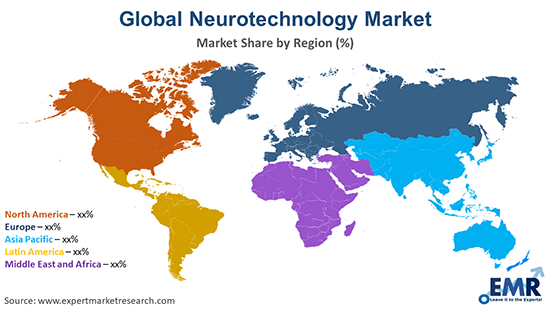
Unveiling Neurotechnology Trends: Transformative Advances
Neurotechnology: An Evolving Landscape
The realm of neurotechnology is experiencing transformative advances, reshaping our understanding of the human brain and unlocking unprecedented possibilities. This article delves into the key trends driving neurotechnology forward and their potential impact on various aspects of our lives.
Brain-Machine Interfaces (BMIs)
One prominent trend in neurotechnology is the development of Brain-Machine Interfaces (BMIs). These interfaces establish a direct communication link between the brain and external devices, opening avenues for controlling computers, prosthetics, and even augmenting cognitive functions. The evolution of BMIs holds promise for individuals with paralysis, providing newfound independence and capabilities.
Neurofeedback and Cognitive Enhancement
Advancements in neurofeedback technologies are fostering the field of cognitive enhancement. Neurofeedback involves real-time monitoring of brain activity, allowing individuals to learn how to self-regulate and optimize cognitive functions. This trend extends beyond clinical applications, as enthusiasts explore ways to boost memory, focus, and overall cognitive performance.
AI Integration in Neurotechnology
The integration of artificial intelligence (AI) with neurotechnology is a synergistic trend propelling innovation. Machine learning algorithms analyze complex neuroimaging data, aiding in the understanding of brain functions, diagnosing neurological disorders, and even predicting mental states. The collaboration between AI and neurotechnology holds the potential to accelerate discoveries and enhance personalized treatments.
Virtual Reality (VR) for Neural Rehabilitation
Neurotechnology is increasingly finding applications in rehabilitation, with virtual reality playing a crucial role. VR environments provide immersive experiences for individuals recovering from neurological injuries or undergoing rehabilitation. This trend not only enhances traditional rehabilitation methods but also makes therapy more engaging and effective.
Neuroethics and Privacy Concerns
As neurotechnology advances, ethical considerations and privacy concerns come to the forefront. The ability to decode and interpret brain signals raises questions about consent, cognitive privacy, and the responsible use of neurodata. Addressing these neuroethics issues is essential to ensure that neurotechnological innovations benefit society without compromising individual rights.
Neurobiology and Precision Medicine
Advancements in neurobiology are shaping the landscape of precision medicine. Understanding the intricacies of individual neural profiles enables targeted interventions for neurological disorders. This trend marks a shift towards personalized treatments, offering more effective and tailored approaches to address the unique challenges presented by various neurological conditions.
Neurotechnology Trends: Challenges and Opportunities
Despite the promising trends in neurotechnology, challenges persist. Issues such as the complexity of the human brain, ethical considerations, and the need for interdisciplinary collaboration require attention. However, these challenges present opportunities for researchers, engineers, and ethicists to work together in overcoming barriers and advancing the field responsibly.
The Future of Neurotechnology
Looking ahead, the future of neurotechnology is brimming with possibilities. From brain-inspired computing to enhanced brain-machine interfaces, the trajectory of neurotechnological advancements promises to redefine how we interact with and understand the brain. As researchers push the boundaries, the potential applications across healthcare, education, and beyond are vast.
Exploring Neurotechnology Trends in 2022
For an in-depth exploration of the latest neurotechnology trends and their transformative impact, visit Neurotechnology trends. This comprehensive resource offers insights into the current state of neurotechnology, showcasing real-world applications and paving the way for a future where our understanding of the brain continues to evolve.
In conclusion, the unfolding trends in neurotechnology signify a paradigm shift in our relationship with the brain. From enhancing cognitive abilities to addressing neurological disorders, the potential applications are diverse and profound. As neurotechnology continues to advance, its integration into everyday life holds the promise of improving human health, cognition, and overall well-being.
